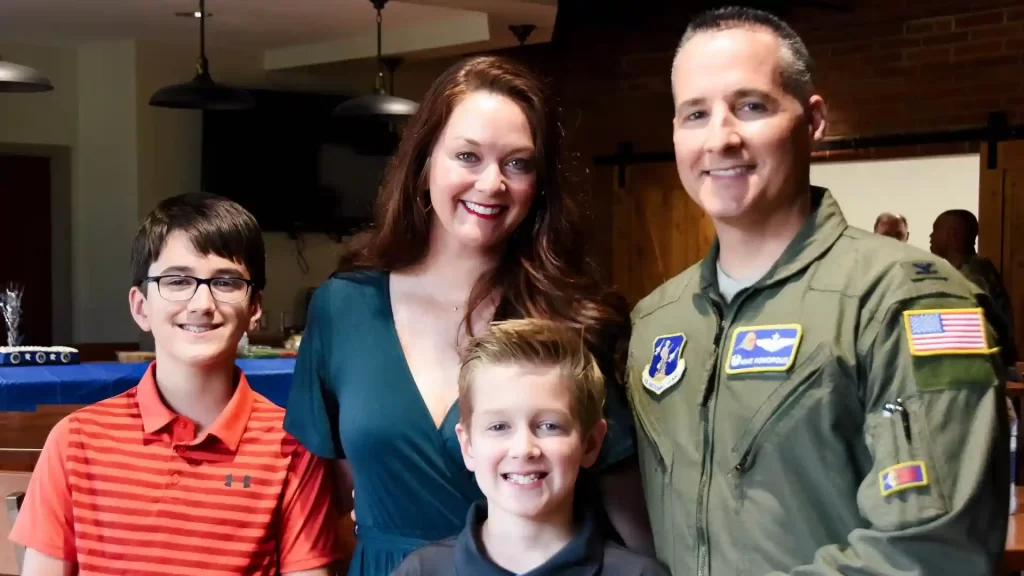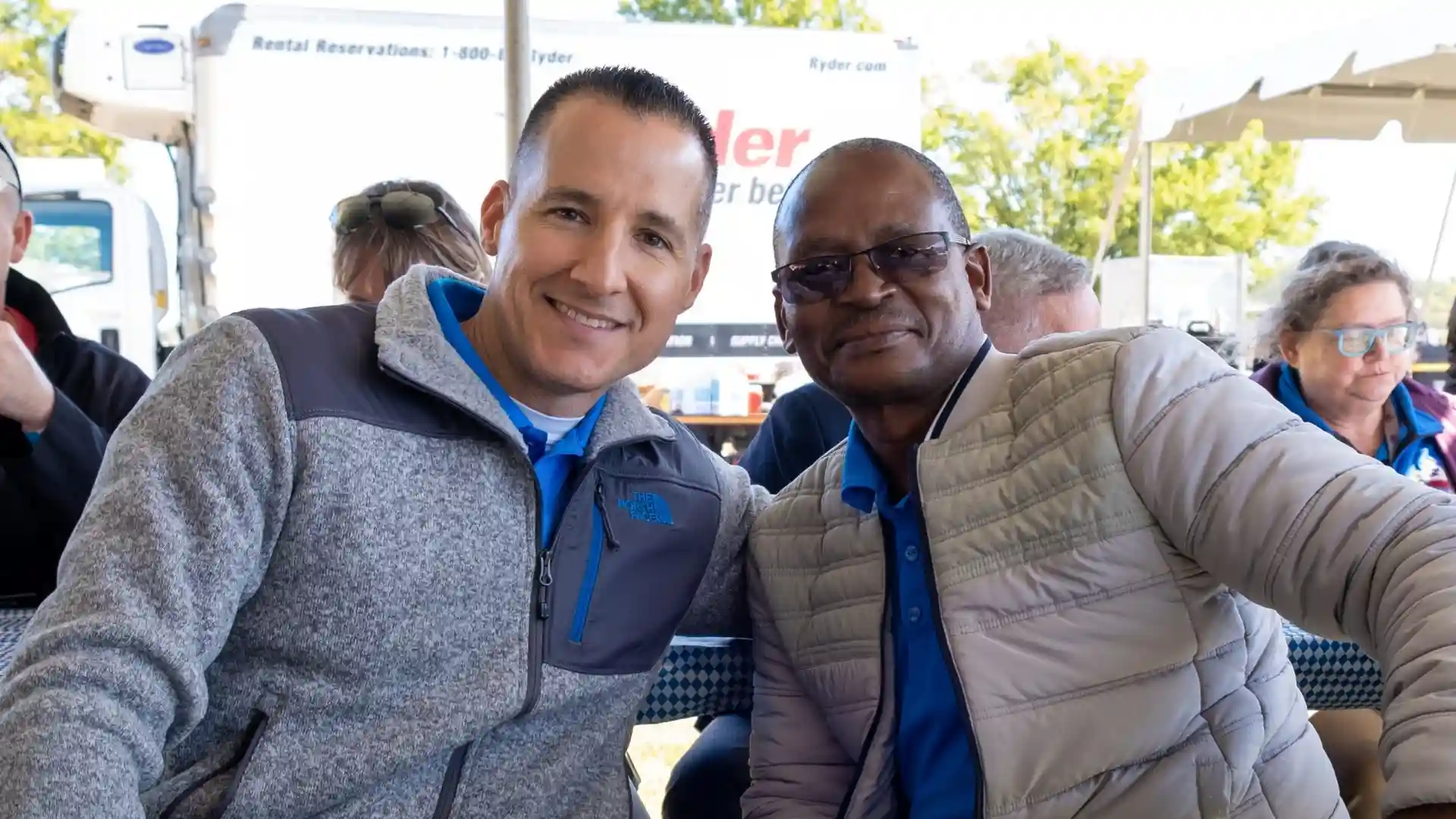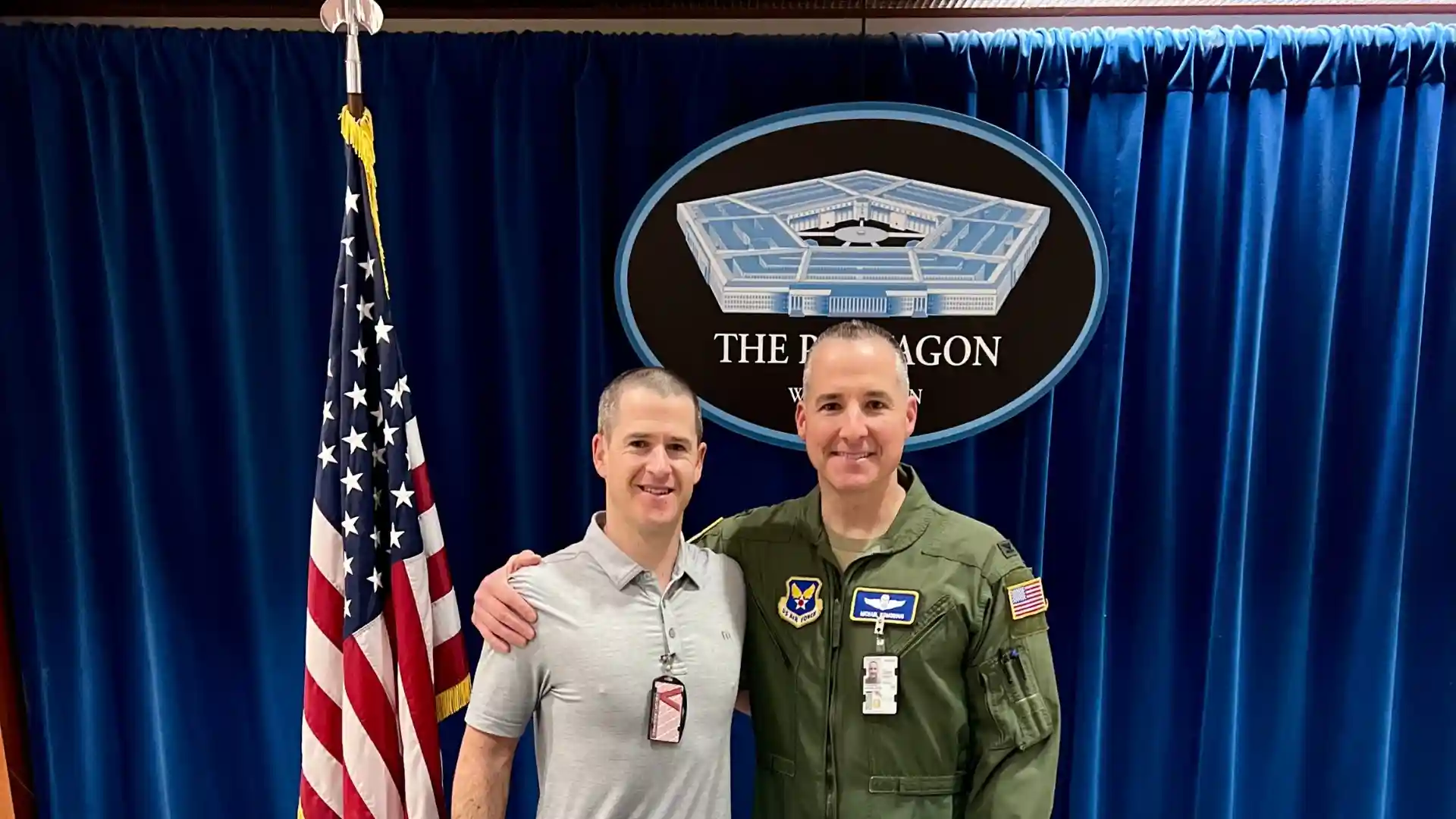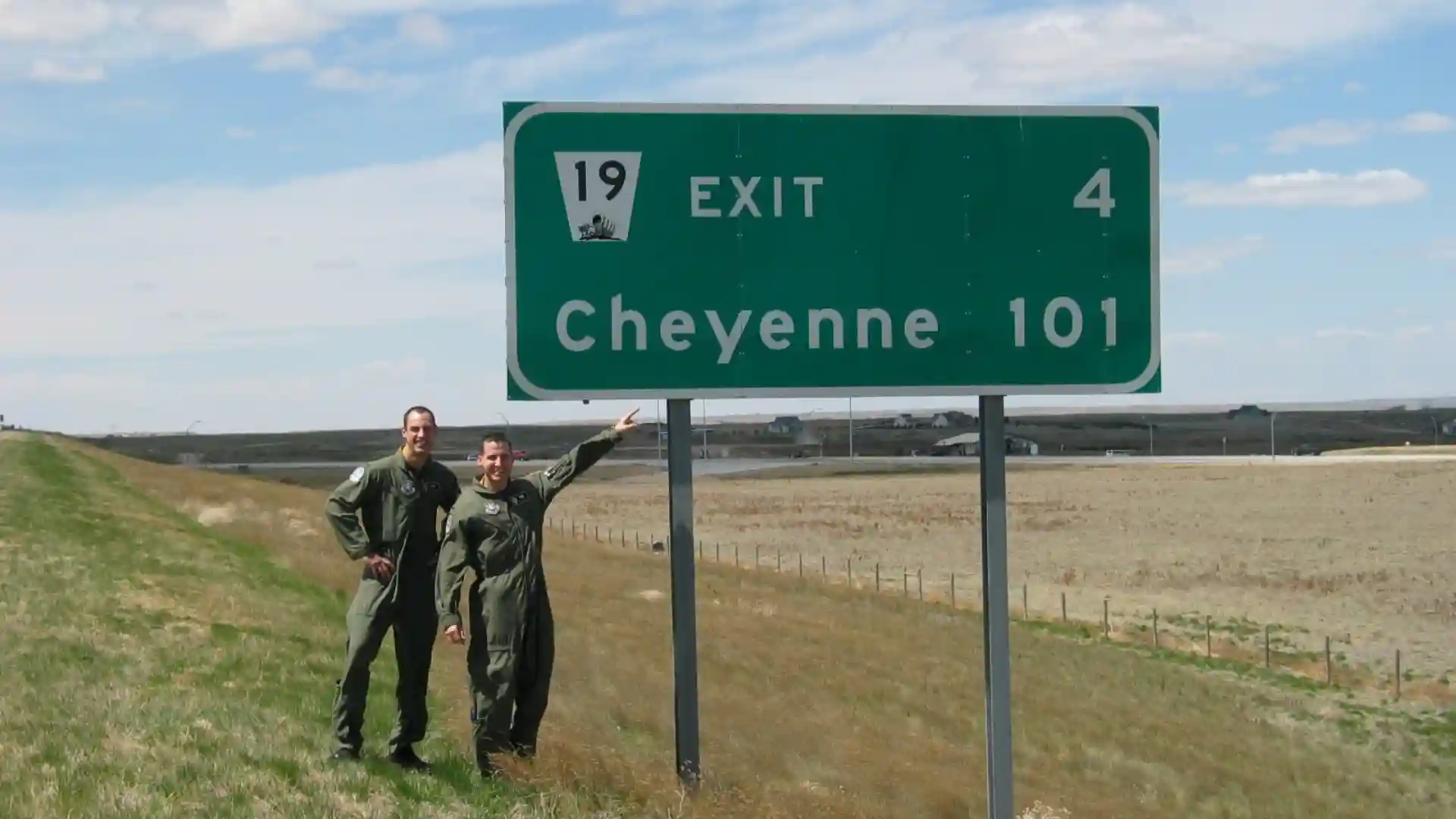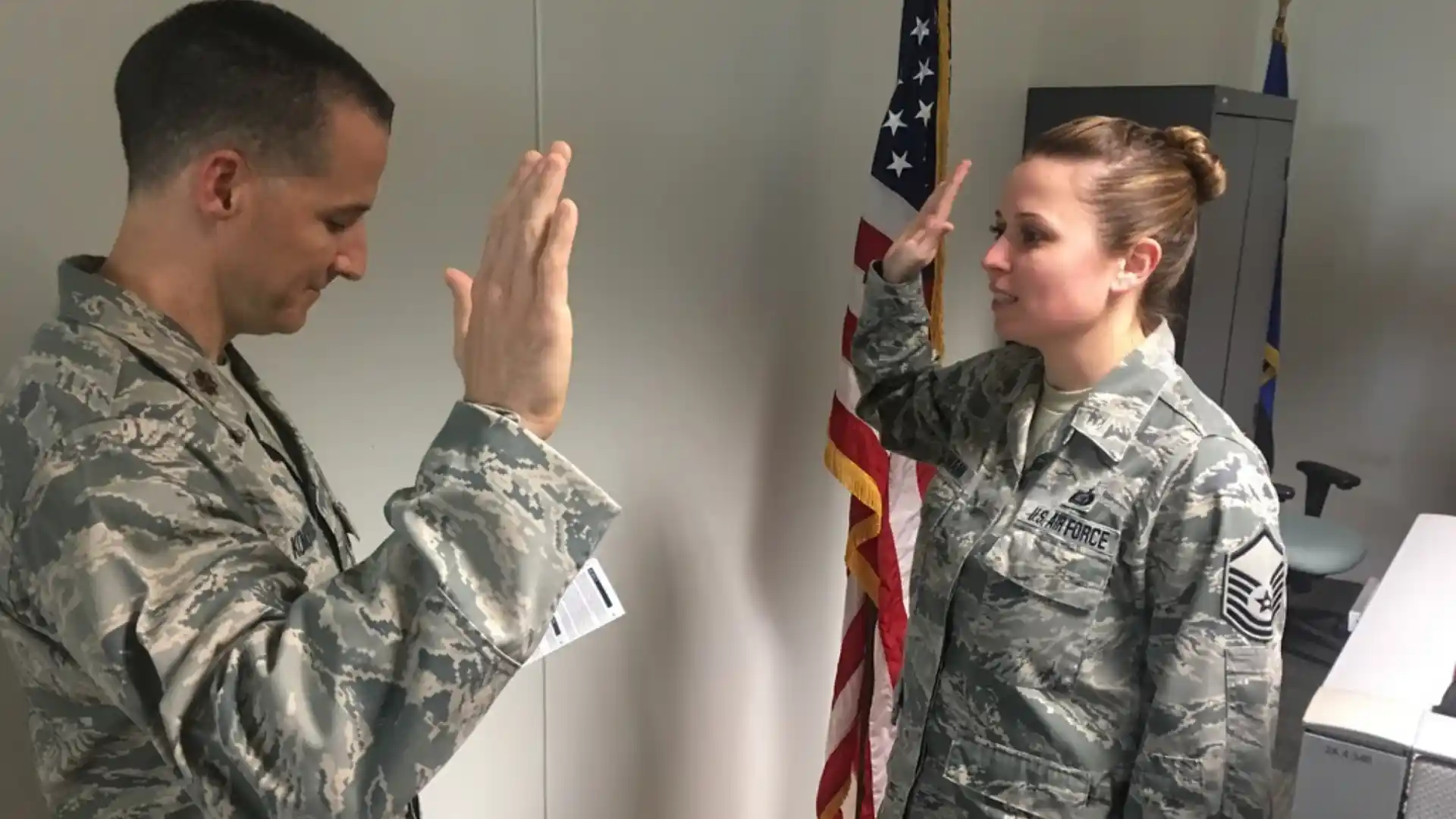Military families face a life filled with constant change—frequent moves, long separations, and the unknowns that come with service. These are not small hurdles. They test your patience, strength, and heart. But again and again, military families rise to the challenge. I’ve seen it firsthand. When my partner deployed overseas, I had to manage everything on the home front alone—school runs, bills, bedtime stories. It wasn’t easy, but like many others, I found strength I didn’t know I had.
Podcasts have become a powerful way for these stories to be shared. They let military families speak in their own words, from the heart. “Voice of Valor” is one of those podcasts where real people tell real stories. When I first tuned in, it felt like I was sitting across from a friend, listening to them open up. These stories don’t sugarcoat things. They’re honest, emotional, and deeply human. And through them, we learn just how strong military families truly are.
Table of Contents
ToggleThe Power of Storytelling in Military Family Resilience
Storytelling is more than just talking—it’s how we connect. Military families, through podcasts like “Voice of Valor,” open up about life in uniform and at home. These aren’t actors or scripted lines. They’re real voices, sharing the highs and lows. And when you hear someone talk about waiting months for a call or celebrating a birthday over video chat, it hits you. I remember one episode where a spouse talked about moving to a new base with three kids and no support system. It brought back memories of my own PCS move when we ended up eating dinner on moving boxes for a week.
What makes podcasts different is how close they feel. You can hear the emotion in someone’s voice. It’s not edited out. It’s raw. It’s real. And in those moments, you feel less alone. For families out there going through similar things, that kind of connection can make all the difference.
Lessons Learned from Military Families in Podcast Episodes
These podcast episodes are full of life lessons—lessons you won’t find in a handbook. They talk about dealing with deployment stress, moving kids from school to school, and trying to stay strong when everything feels uncertain. “Voice of Valor” doesn’t just tell you what happened. It shares how people got through it. I remember one episode where a mom shared how she built a neighborhood “deployment group” to help each other with childcare and meals. That kind of grassroots support is powerful.
A strong theme that keeps coming up? You can’t do this alone. Support networks—friends, neighbors, even online groups—are lifelines. These episodes also dive into mental health, which, honestly, we need to talk about more. It’s not just about powering through. It’s about taking care of yourself. Therapy, talking it out, having someone who gets it—that’s part of resilience too. I’ve had days where I just needed to vent to another spouse who understood, and those talks saved me.
How Military Families Overcome Challenges with Strength
The stories shared on podcasts like “Voice of Valor” show just how tough and adaptable military families are. Sure, deployments and relocations are hard. But these families still find ways to build happy homes, stay close, and keep moving forward.
- Adaptability: I once moved across the country with nothing but a suitcase and a toddler, and I know many families who’ve done the same. We learn to make anywhere feel like home. “Voice of Valor” highlights this kind of flexibility with real stories from those who’ve lived it.
- Emotional Support Systems: When things get rough, we lean on each other. Spouses, neighbors, and friends become like family. These connections are the glue.
- Building Routine in Uncertainty: Creating small routines—like Friday pizza nights or bedtime stories—can make life feel normal even when everything else changes.
- Self-Sufficiency and Independence: I learned to fix a leaky sink during a deployment because there was no one else to call. These small victories build confidence. Families on “Voice of Valor” share stories just like that.
Military life isn’t easy. But in the stories told through these podcasts, we see how families turn pain into strength. And that strength becomes their foundation.
Podcasting as a Tool for Military Family Connection
Being far from family and constantly on the move can feel isolating. That’s why podcasts matter so much. They’re like a lifeline. When I was stationed overseas, listening to “Voice of Valor” felt like coming home for a minute. Hearing voices that understood helped me feel seen.
Podcasts are easy to access—whether you’re driving, doing laundry, or waiting in line. And the topics hit close to home. From parenting advice to mental health support, these episodes bring useful, comforting, and expert-backed insights straight to the listener. Many episodes even bring in professionals—counselors, advocates, and service members—who share what’s helped them and how others can find support, too.
Real Stories from Military Families
Military families don’t just survive—they grow stronger with every challenge. The stories on “Voice of Valor” give us a look into that growth.
- Parenting in the Absence of a Spouse: One episode that stuck with me featured a spouse juggling three kids while her partner was away. I could relate to the chaos—and the quiet strength behind it.
- Overcoming Loneliness and Isolation: Feeling isolated is common, especially after a move. The podcast shows how families build new circles of support wherever they land.
- Facing the Emotional Struggles of Reentry: Coming back from deployment can be just as hard as leaving. These episodes dive into the emotions and show how families find balance again.
What stands out in all these stories is the resilience that grows from shared hardship. And that resilience? It’s something we all carry with us, long after the episode ends.
Conclusion
Podcasts like “Voice of Valor” aren’t just about sharing stories—they’re about building connection. They give military families a voice, a sense of community, and a way to reflect on their own journey. The experiences shared are raw, relatable, and full of strength. And in hearing them, we’re reminded that resilience is something we grow, together.
Through these voices, we learn that struggle doesn’t define us—how we rise after does. And military families, time and time again, show us how it’s done.

